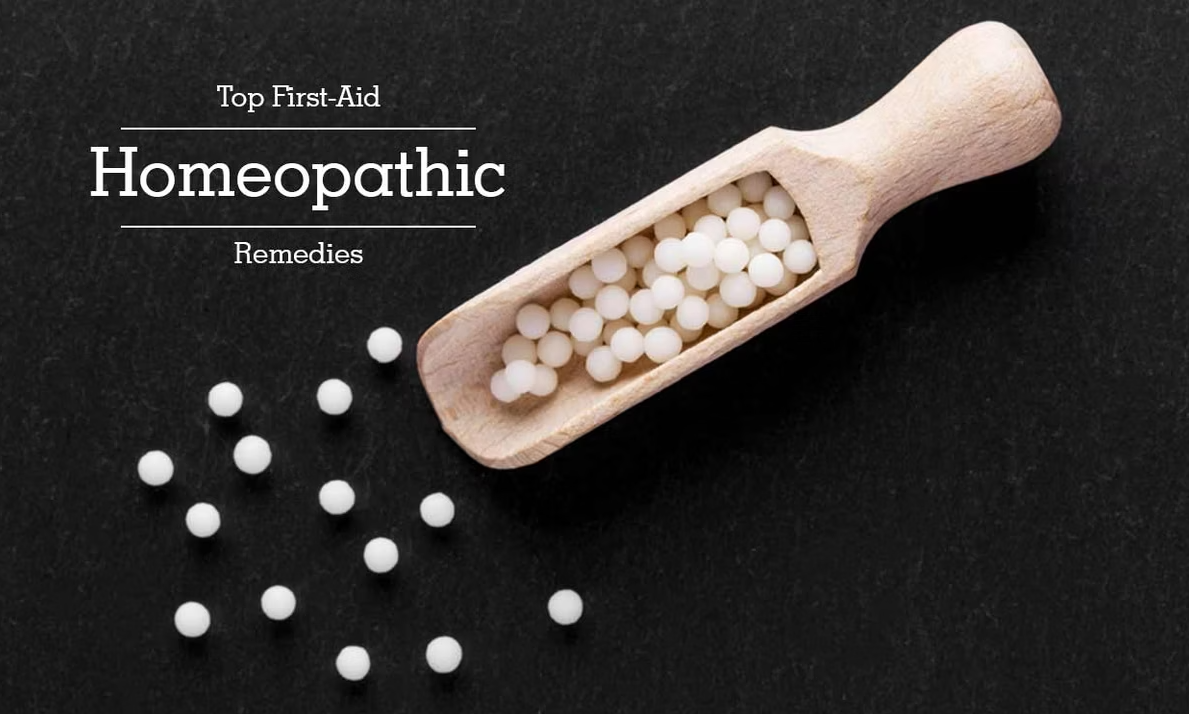
- News
- August 27,2024
- BY Shelly Sharma
- 0 Comments
How homeopathy can be a valuable tool in reducing reliance on antibiotics
The rise of antibiotic resistance is one of the most pressing challenges facing modern medicine today. Overuse and misuse of antibiotics have led to the emergence of drug-resistant bacteria, rendering many conventional treatments ineffective. As a result, there is an urgent need for alternative approaches to managing infections—approaches that do not contribute to the growing problem of antibiotic resistance. Homeopathy offers a promising solution, providing a natural and effective way to fight infections while reducing reliance on antibiotics.
Understanding Antibiotic Resistance and the Role of Homeopathy
Antibiotics have been a cornerstone of modern medicine, saving countless lives by killing or inhibiting the growth of bacteria. However, the widespread use of antibiotics has led to the evolution of bacteria that are resistant to these drugs. This means that infections that were once easily treatable are becoming more difficult, if not impossible, to cure with conventional antibiotics.
Homeopathy offers a different approach. Instead of directly targeting and killing bacteria, homeopathy works by stimulating the body’s own defence mechanisms to fight infection. This is achieved through carefully selected remedies that match the individual’s unique symptoms and overall constitution. By strengthening the body’s natural immune response, homeopathy helps the body to combat infections more effectively, reducing the need for antibiotics.
This approach has several long-term benefits. Not only does it help to build a stronger immune system, but it also decreases the susceptibility to future infections. Over time, patients who use homeopathy may find that they experience fewer infections and rely less on antibiotics, contributing to a decrease in the overall use of these drugs.
Reducing Dependency on Antibiotics: A Preventive Approach
One of the key advantages of homeopathy is its ability to reduce dependency on antibiotics for common infections and seasonal illnesses. Conditions like colds, flu, sinusitis, and ear infections are often treated with antibiotics, even when they are caused by viruses (which antibiotics cannot treat). This unnecessary use of antibiotics contributes to the development of antibiotic resistance.
Homeopathy, on the other hand, takes a holistic approach to these conditions, focusing on the individual’s overall health and immune function rather than just the infection itself. For example, a homeopath might prescribe Echinacea for a patient prone to frequent colds, helping to boost their immune system and reduce the frequency of infections. Belladonna might be used for acute conditions with symptoms of high fever and inflammation, helping the body to fight off the infection naturally.
By addressing the root causes of susceptibility to infection—such as stress, poor nutrition, and weakened immunity—homeopathy helps to reduce the frequency and severity of infections. This, in turn, decreases the need for antibiotics, helping to preserve their effectiveness for when they are truly needed.
Homeopathy in Drug-Resistant Infections
As antibiotic-resistant bacteria become more prevalent, there is a growing need for alternative treatments that can effectively manage infections without relying on conventional antibiotics. Homeopathy has shown promise in this area, particularly in cases where conventional treatments have failed.
For instance, Hepar Sulphuris is a common remedy used in homeopathy to treat abscesses, boils, and other infections that are slow to heal. This remedy works by promoting the body’s natural ability to expel toxins and fight infection, making it particularly useful in cases where antibiotics have not been effective.
Similarly, Silicea is often used for infections that are resistant to treatment, especially when there is pus formation. Silicea helps to stimulate the immune system, promoting healing from within and reducing the need for repeated courses of antibiotics.
These remedies are not only effective in treating infections but also help to strengthen the body’s overall resistance to future infections. This makes homeopathy a valuable tool in the fight against antibiotic resistance, offering an alternative approach that supports the body’s natural defenses.
When to Use Homeopathy and When to Use Antibiotics
It’s important to note that while homeopathy can be a powerful tool in reducing reliance on antibiotics, it is not a replacement for antibiotics in all cases. In situations where there is a severe infection that the body is unable to fight on its own—such as a life-threatening bacterial infection—antibiotics are essential and should not be avoided.
Homeopathy is most effective when used for routine infections, chronic conditions, and in cases where antibiotics are not strictly necessary. For example, homeopathy can be used to manage recurring respiratory infections, urinary tract infections, and other conditions where antibiotics might otherwise be overused.
In acute emergencies where antibiotics are necessary, homeopathy can still play a supportive role. For instance, a patient receiving antibiotics for a severe infection might also be given homeopathic remedies to support their immune system, reduce side effects, and promote faster recovery.
Conclusion: A Balanced Approach to Infection Management
As antibiotic resistance continues to rise, it’s clear that we need to rethink our approach to managing infections. Homeopathy offers a valuable alternative, helping to reduce reliance on antibiotics while supporting the body’s natural ability to fight infections. By building a stronger immune system and addressing the root causes of susceptibility to infection, homeopathy not only treats the immediate problem but also promotes long-term health and resilience.
While antibiotics remain crucial in certain situations, incorporating homeopathy into the broader spectrum of healthcare can help to preserve their effectiveness and reduce the global burden of antibiotic resistance. In this way, homeopathy is not just an alternative to antibiotics—it is a complementary tool that, when used appropriately, can lead to better outcomes for patients and for public health as a whole.








